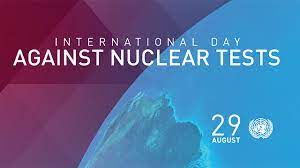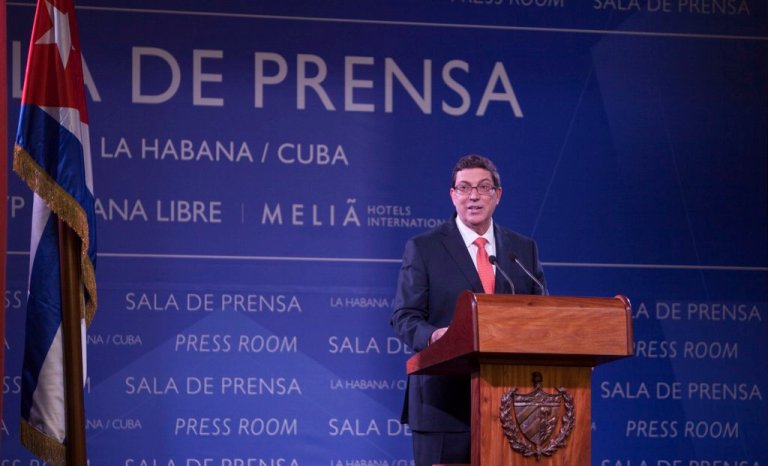Although 29 August is the International Day Against Nuclear Tests, one aspect that also “nourishes” its commemoration is the entry into force of the Treaty for the Prohibition of Nuclear Weapons.
This document was discussed and approved by 122 countries at the United Nations General Assembly in 2017. However, for more than 3 years, it did not have the ratification of enough member states.
Finally, in October 2020, Honduras was the 50th nation to “go ahead” the document, bringing the Treaty to Ban Nuclear Weapons into force in January 2021.
“Among the groups that advocated for reaching the validity of the agreement is the International Campaign for the Abolition of Nuclear Weapons (ICAN), which received the Nobel Peace Prize in 2017,” according to the UN.
The nations and states that have joined or ratified the pact are:
Old and bearded; Austria; Bangladesh; Belize; Benin; Bolivia; Botswana; Costa Rica; Cuba; Dominica; Ecuador; The Savior; Fiji; Gambia; Guyana; Honduras; Ireland; Cook Islands; Jamaica; Kazakhstan; Kiribati; Lesotho; Malaysia; Maldives; Malt; Mexico; Namibia; Nauru; Nicaragua; Nigeria; Niue; New Zealand; Palau; Palestine; Panama; Paraguay; Lao People’s Democratic Republic; Saint Kitts and Nevis; Samoa; St. Lucia; St. Vincent and the Grenadines; San Marino, Holy See; South Africa; Thailand; Trinidad and Tobago; Tuvalu; Uruguay; Vanuatu, Venezuela and Vietnam.
The treaty “prohibits the use, development, testing, production, manufacture, acquisition, possession and storage of nuclear weapons. It also establishes that it is illegal to help, encourage or induce in any way anyone to carry out any activity prohibited “by the text, according to the International Red Cross.



